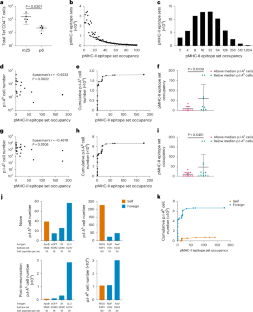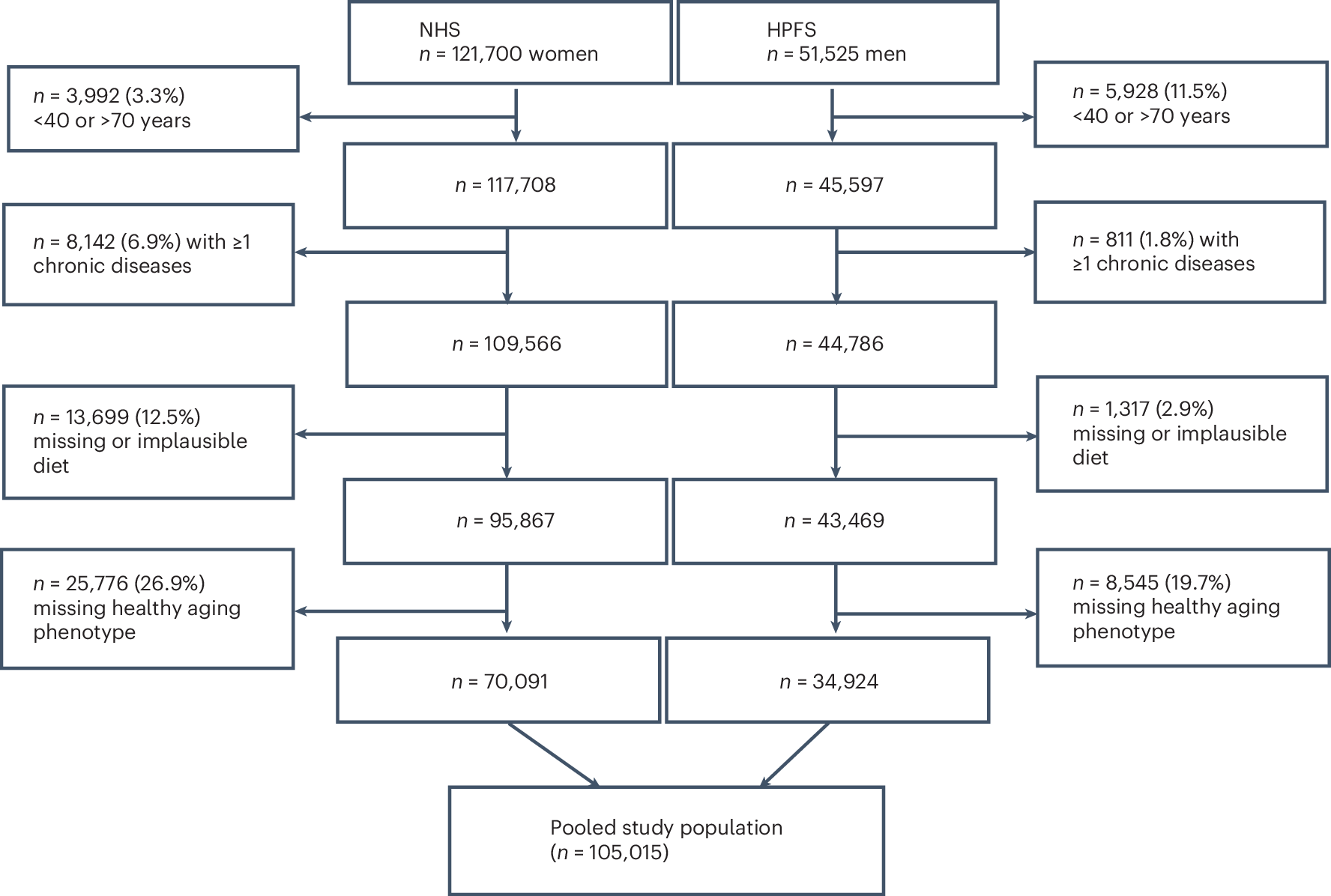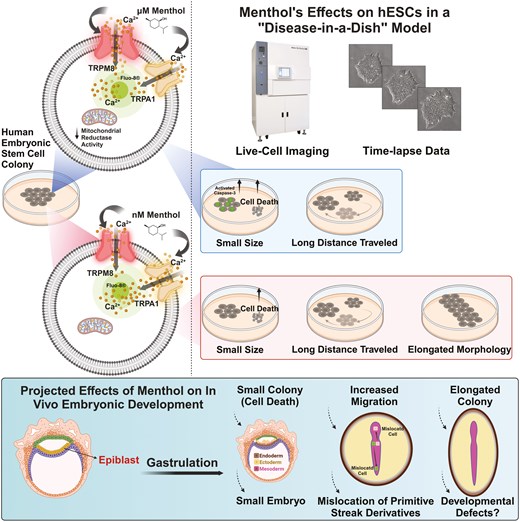2025-03-27 カリフォルニア大学サンディエゴ校 (UCSD)
<関連情報>
- https://today.ucsd.edu/story/expanse-supercomputer-used-for-breakthrough-immunotherapy-study
- https://www.nature.com/articles/s41590-024-02021-6
ナイーブCD4+ T細胞上のPD-1とCD73は相乗的に自己CD4+ T細胞に対する応答を制限する PD-1 and CD73 on naive CD4+ T cells synergistically limit responses to self
Felix Sebastian Nettersheim,Simon Brunel,Robert S. Sinkovits,Sujit Silas Armstrong,Payel Roy,Monica Billitti,Kouji Kobiyama,Ahmad Alimadadi,Sergei Bombin,Lihui Lu,Martina Zoccheddu,Mohammad Oliaeimotlagh,Chris A. Benedict,Alessandro Sette & Klaus Ley
Nature Immunology Published:21 November 2024
DOI:https://doi.org/10.1038/s41590-024-02021-6

Abstract
Vaccination with self- and foreign peptides induces weak and strong expansion of antigen-specific CD4+ T cells, respectively, but the mechanism is not known. In the present study, we used computational analysis of the entire mouse major histocompatibility complex class II peptidome to test how much of the naive CD4+ T cell repertoire specific for self-antigens was shaped by negative selection in the thymus and found that negative selection only partially explained the difference between responses to self and foreign. In naive uninfected and unimmunized mice, we identified higher expression of programmed cell death protein 1 (PD-1) and CD73 mRNA and protein on self-specific CD4+ T cells compared with foreign-specific CD4+ T cells. Pharmacological or genetic blockade of PD-1 and CD73 significantly increased the vaccine-induced expansion of self-specific CD4+ T cells and their transcriptomes were similar to those of foreign-specific CD4+ T cells. We concluded that PD-1 and CD73 synergistically limited CD4+ T cell responses to self. These observations have implications for the development of tolerogenic vaccines and cancer immunotherapy.


